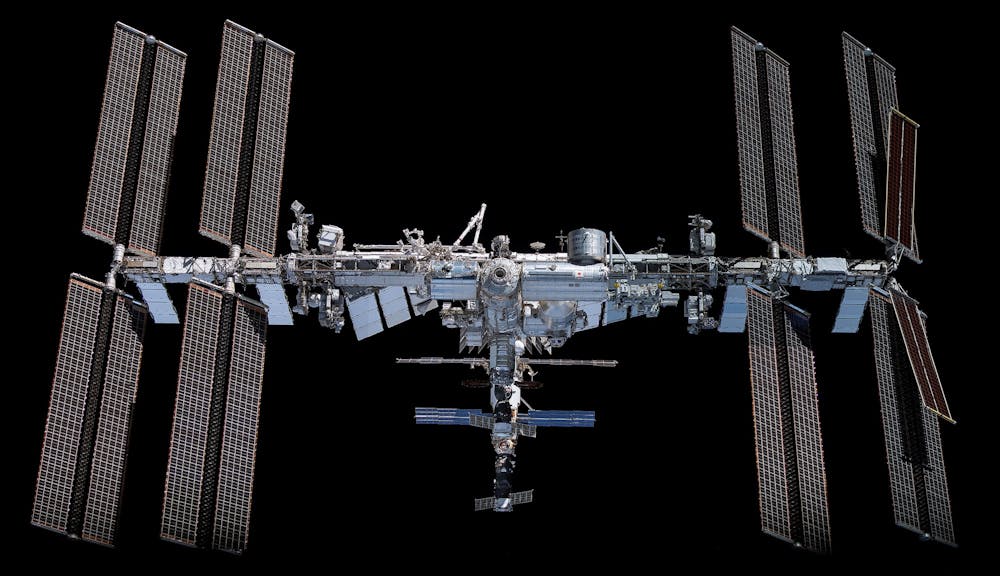Dominic Tanzillo, a second-year medical student, received $80,000 in funding from the Center for the Advancement of Science in Space to film educational videos involving space medicine on the International Space Station.
“Space medicine is really the set of problems to keep human beings happy and healthy in space,” Tanzillo said. “One of the biggest evolutionary pressures has been gravity, and so most of the problems of space medicine is overcoming what happens to the human body when you take it out of gravity.”
Advances in space medicine can help ensure that astronauts stay physically and mentally healthy during extraterrestrial missions, he added. Space medicine research findings can also be applied to health advancements on Earth, such as 3D printing tissue technology.
The bulk of the funding will go towards partnering with a private company that specializes in recording and sending research projects to the ISS. Tanzillo and his team will teach astronauts on the ISS how to create footage that demonstrates how to use various medical devices in space.
When Tanzillo and his partner, Nick Saba, were undergraduate students at Duke, they created a house course about space medicine. With the help of Duke, they developed the house course into an online Coursera course.
In collaboration with a team from the Duke Hyperbaric Center, Tanzillo said he hopes to expand his digital course to include content from the International Space Station and various NASA facilities such as the Johnson Space Center, Ames Research Center and Jet Propulsion Laboratory.
With this video series, Tanzillo’s team hopes to introduce more people to the field of space medicine.
“At a conference that I was speaking at, I had a student come up to me and tell me that after going through our Coursera online, she ended up changing her major and is now applying to medical schools,” Tanzillo said.
Stories like these motivate Tanzillo and his team in their goal to increase both the diversity and breadth of students taking the course.
Funds will also be used to film lecturers from various NASA facilities on Earth.
“We'll be filming lectures from different backgrounds so that we can get a good sense of different people contributing to the space medicine world,” Tanzillo said.
With this grant, Tanzillo hopes to reach audiences who traditionally might not have been represented in the field of space medicine.
“The world of space medicine is a small field,” he said. “And as it grows, diversity is paramount.”
Get The Chronicle straight to your inbox
Sign up for our weekly newsletter. Cancel at any time.
Hanlin Wang is a Pratt first-year and a staff reporter for the news department.

